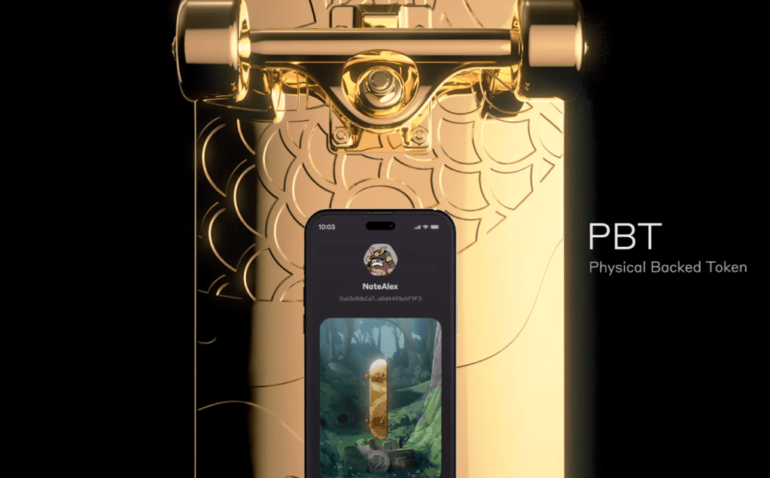
- Japanese anime-themed NFT project Azuki has introduced Physical Backed Tokens (PBT). It is a new token standard that ties a physical item to a digital token on Ethereum.
- The exciting technology boasts potential applications, such as decentralized authentication of goods, on-chain ownership tracking, and the use of physical products to build digital experiences.
- According to Chiru Labs, PBT will redefine how brands tell their stories while allowing NFTs to blend the digital world with the physical realm.
Meet Physical Backed Tokens – the latest innovation by Azuki
Chiru Labs, the creator of the popular Azuki NFT project, has launched a new token standard called Physical Backed Tokens to enable on-chain ownership of physical items.
According to the announcement, PBT is a new, open-source token standard that ties a physical item to a digital token on Ethereum. It works just like a non-fungible chip (NFC) but with better traceability in a decentralized manner.
Introducing the Physical Backed Token (PBT): an open source token standard tying a physical item to a digital token on the Ethereum blockchain. pic.twitter.com/iXavmJR5xv
— Azuki (@AzukiOfficial) October 17, 2022
To kick off the first implementation of PBT, Azuki has introduced the BEAN Chip, which stands for Blockchain Enabled Authentication Network Chip. It is a physical cryptographic chip that self-generates an asymmetric key pair.
According to the company, PBT enables the hardware to create a new experience called “scan-to-own”. By scanning the chip with your mobile phone, the PBT will be minted or digitally transferred to your wallet.
If the physical good is sold or gifted to another person, the subsequent owner can simply scan and own that item. By doing that, the PBT from the previous owner will be transferred to the new owner hassle-free.
While many Web3 companies have already issued digital tokens to represent physical products, Azuki insists that the two are often separated after the mint. The new token standard aims to resolve this with decentralized authentication and on-chain ownership lineage tracking.
With that, there are a few initial use cases for Physical Backed Tokens. As mentioned, decentralized authentication of physical goods is made possible with PBTs. Brands can also create product experiences for their audiences using on-chain ownership lineage tracking.
Besides, the company points out that while owning a digital token may unlock physical drops, PBT makes it possible to unlock digital experiences by owning a physical item.
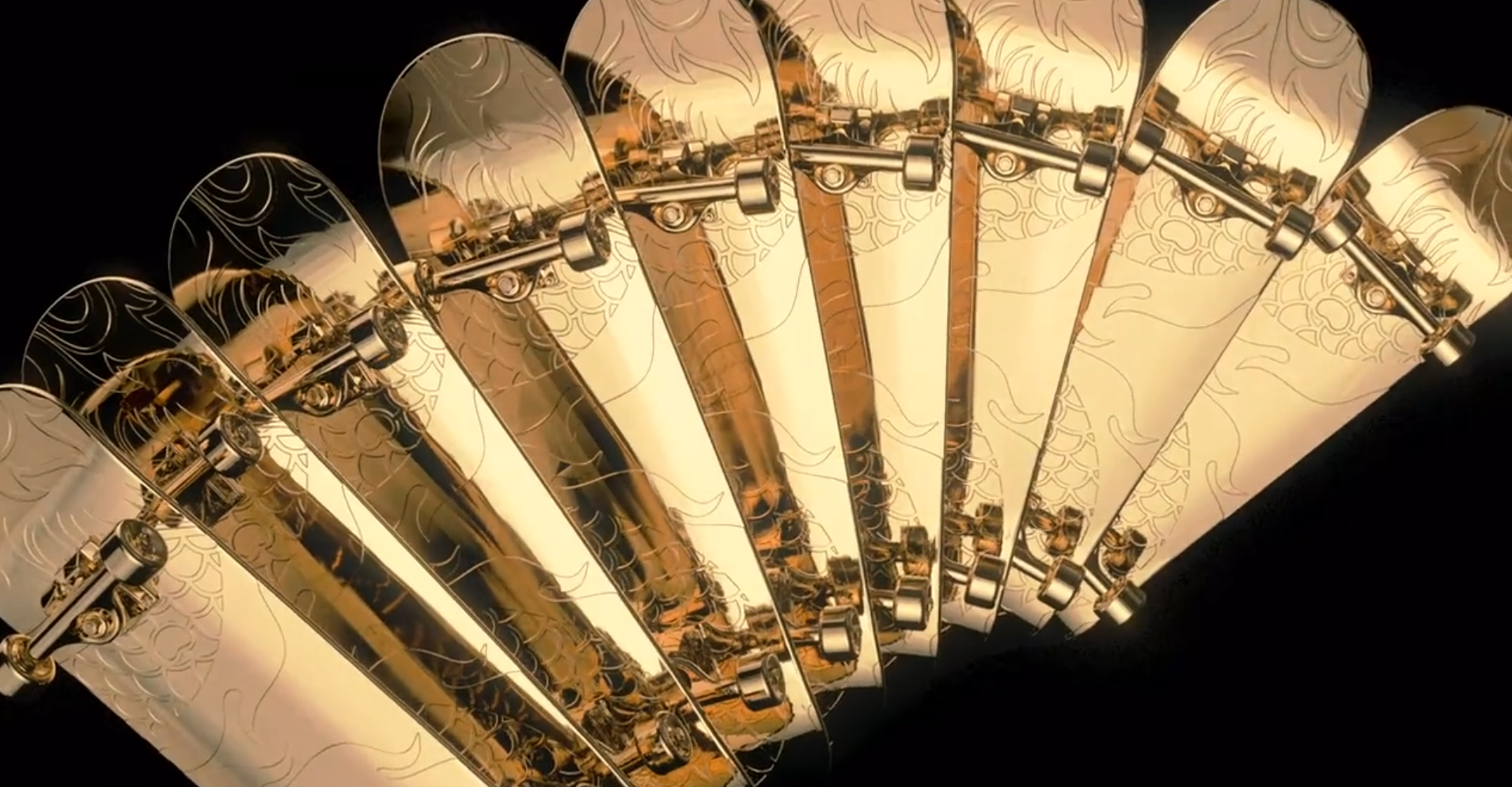
The first physical drop with PBTs
Along with the announcement, Chiru revealed that the team is planning to drop a series of nine golden skateboards with PBTs on October 21st. These unique skateboards will be based on the Azuki lore and, notably, come plated in 24-carat gold.
However, the team has not provided further details, such as the pricing and whether the drop is available to the public or not. It looks like we’ll have to wait until Friday.
Even so, an EIP submission is already underway for the groundbreaking token standard. The company thinks PBT is set to redefine storytelling, allowing anyone to build collections that capture the digital and physical worlds.

You can get bonuses upto $100 FREE BONUS when you:
💰 Install these recommended apps:
💲 SocialGood - 100% Crypto Back on Everyday Shopping
💲 xPortal - The DeFi For The Next Billion
💲 CryptoTab Browser - Lightweight, fast, and ready to mine!
💰 Register on these recommended exchanges:
🟡 Binance🟡 Bitfinex🟡 Bitmart🟡 Bittrex🟡 Bitget
🟡 CoinEx🟡 Crypto.com🟡 Gate.io🟡 Huobi🟡 Kucoin.
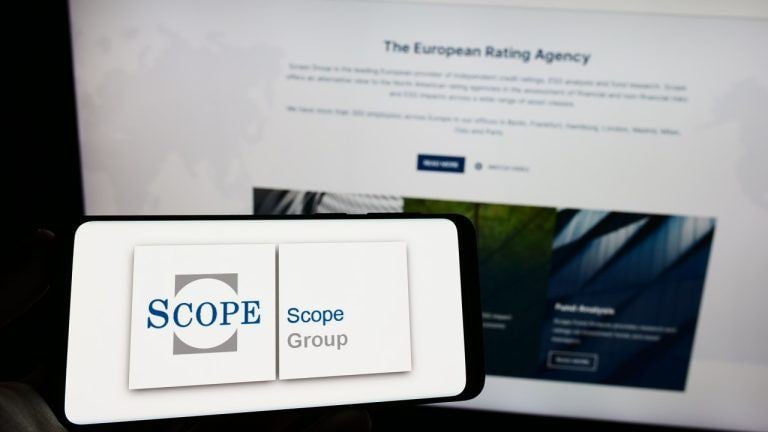
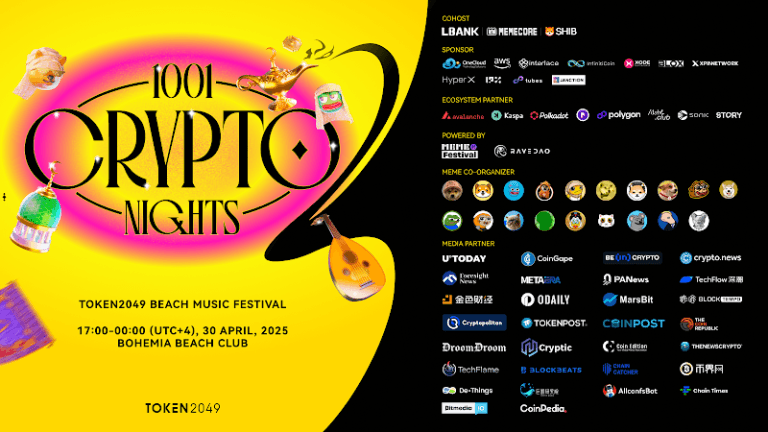











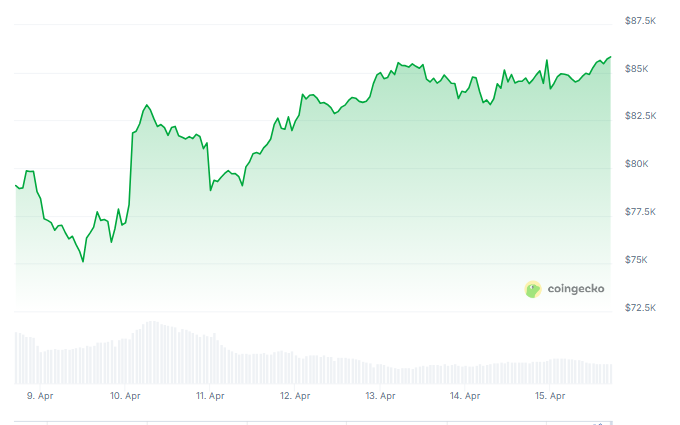

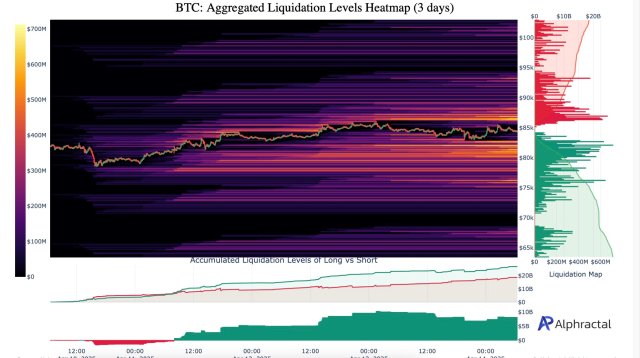
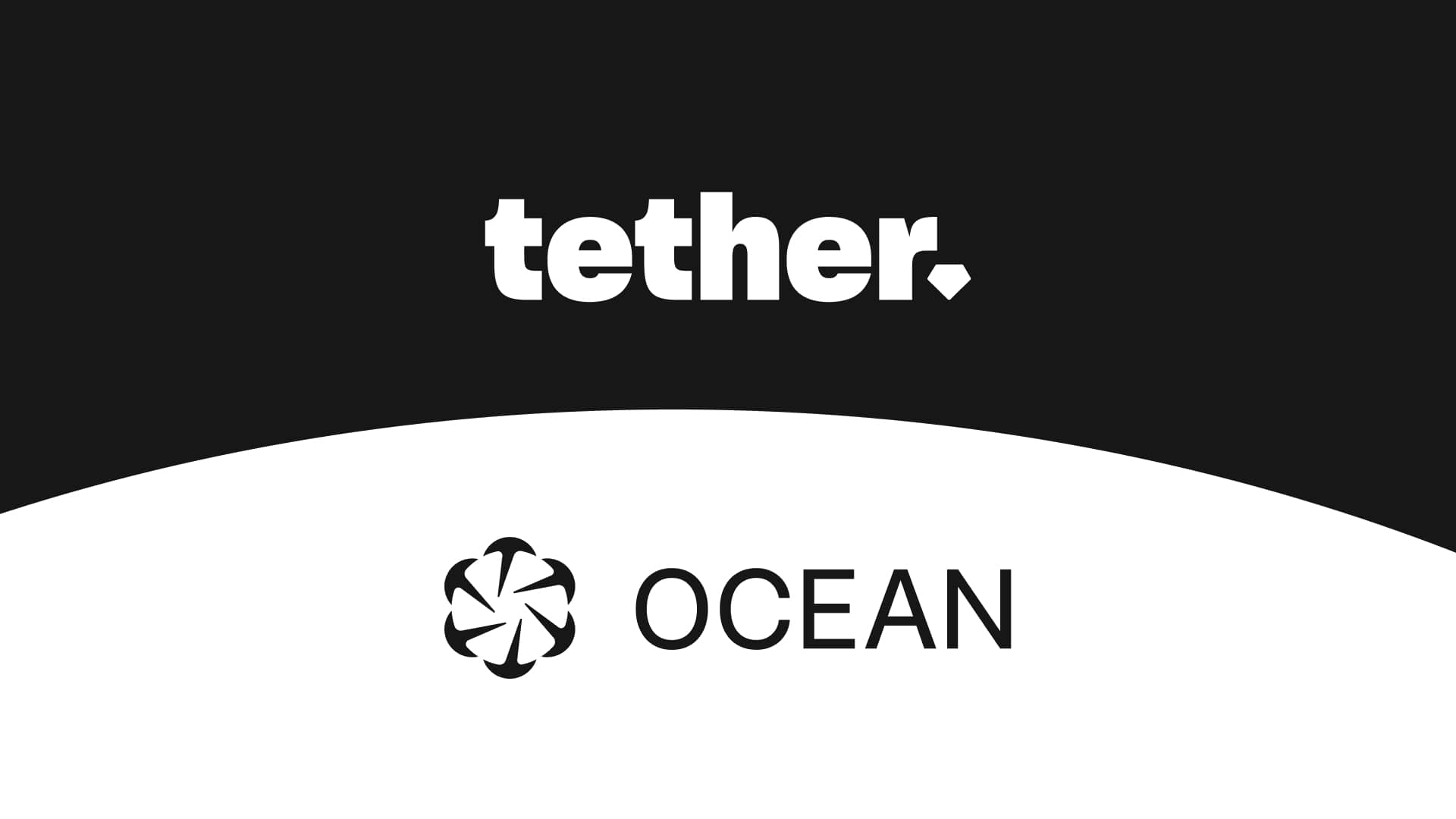



Comments